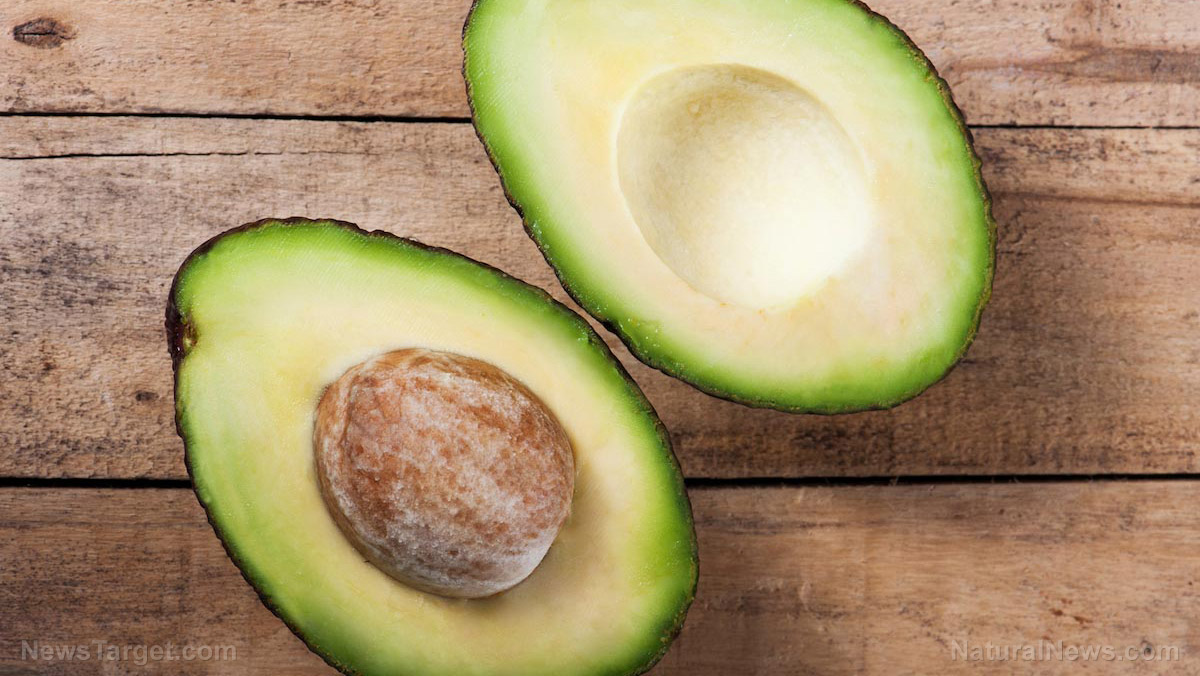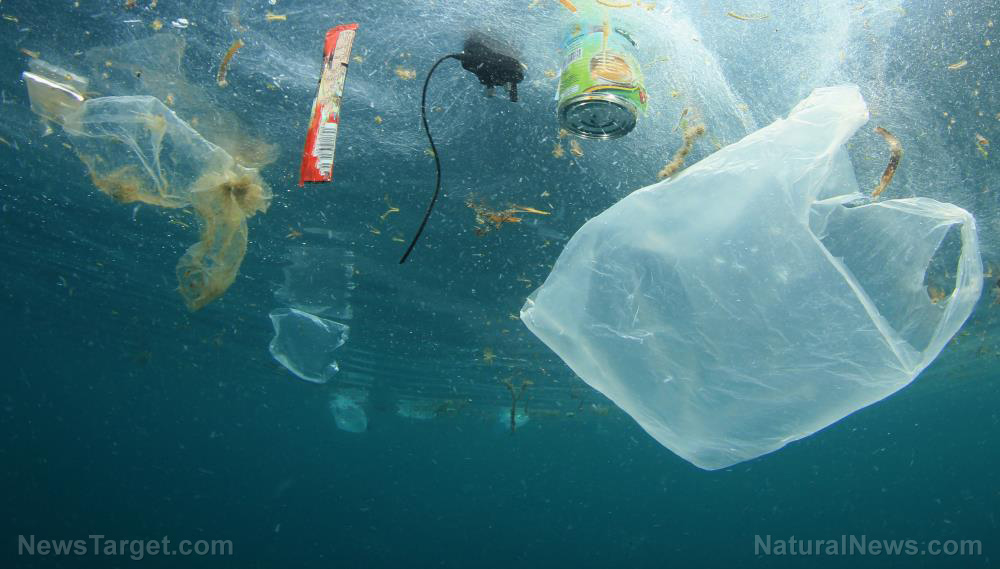
These bioplastics are just as malleable, resilient, and robust as their petroleum-derived equivalents. At the same time, they can be easily broken down by common microorganisms that feast upon the usual contents of the compost pile, trash heap, or garbage bin.
In the future, the decomposed plastic can be harvested to produced biogas. The availability of a renewable and sustainable source of biofuel could provide power to your home, thereby reducing your electricity bill as well as your environmental footprint.
The new plastics were created by researchers from the University College Dublin (UCD). They published their findings in the science journal Environmental Science & Technology. (Related: Are bioplastics really as eco-friendly as they’re touted to be?)
Cutting down on waste by making biodegradable plastics
Plastic waste can be found almost anywhere in the world. Even the most remote regions are not free of the nearly indestructible material, since humans bring plastic products with them almost everywhere they go.
While it can cause all kinds of harm to the environment and organic life, plastic is at its most dangerous when it enters the ocean. Birds and aquatic life can mistake it for something edible and eat it, which causes them to choke or get poisoned. Or they get tangled up in it and cripple or strangle themselves.
Most countries have been cutting down on the amount of plastic waste they produce. They have implemented recycling policies and developed alternative materials, such as plastics that are actually biodegradable.
Despite their best efforts, plastics continue to pile up inside waste disposal sites or escape into the environment. Part of this is due to the inferior characteristics of bioplastics when compared to their conventional counterparts.
Different bioplastics can be combined together to improve their physical characteristics. A blend of bioplastics could potentially match the performance of standard plastics. However, no one knew if the blending process would alter the important ability of the bioplastic to degrade much faster. This called for an experiment to verify the effects of blending.
Researchers identify several blends of bioplastics
The UCD research team collected a number of different biodegradable plastics and blends. Their goal was to evaluate the speed at which each bioplastic broke down in different environmental conditions.
The conditions could be divided between managed and natural. Managed conditions included degradation caused by the action of anaerobic bacteria and the composting process. Natural conditions involved the gradual effect of fresh water, marine water, and soil.
They reported that a mix of polylactic acid (PLA) and polycaprolactone (PCL) retained complete biodegradability. The mix could be decomposed by biomass, carbon dioxide, and water in the kind of conditions found in home composts.
They also found that anaerobic bacteria could decompose many of the bioplastics and blends. The process of anaerobic digestion can turn raw material into biogas, which can be used as a renewable energy source.
All of the tested plastics could be broken down by industrial-level composting that used high temperatures. However, only polyhydroxybutyrate (PHB) and thermoplastic starch (TPS) were capable of being broken down in just about any kind of soil or water.
Based on their findings, the researchers concluded that biodegradable plastics offer a partial solution to the problem of plastic pollution. Their environmental benefits can be increased by careful management of the plastic products through composting and similar means of biological degradation.
Enviro.news contains more articles about ways to reduce the amount of plastics polluting the environment.
Sources include:
Please contact us for more information.























